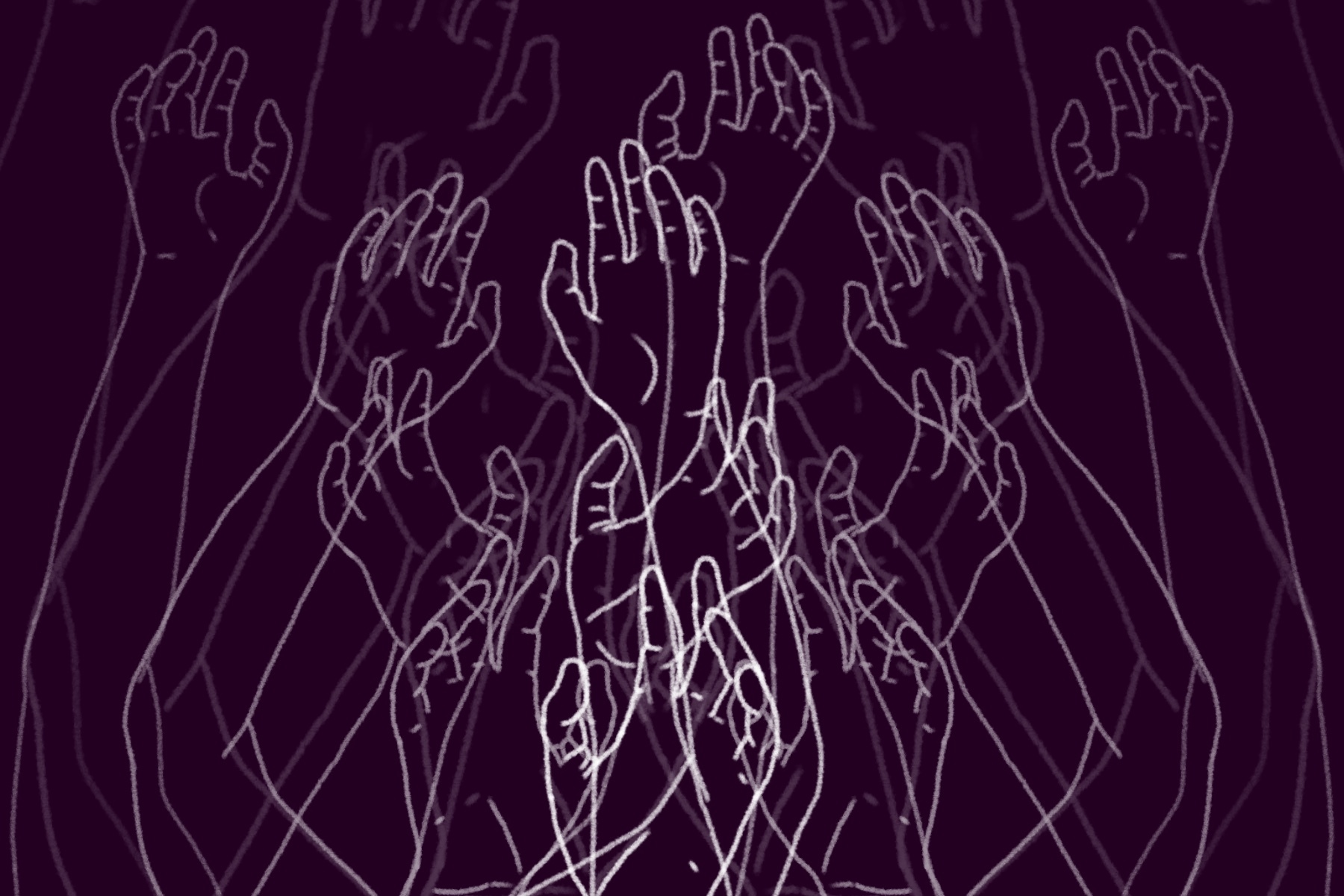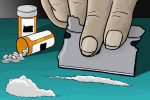Graduating high school seniors throw their caps up into the air as their faces stretch into huge, giddy smiles. Within the next several months, they’ll be transitioning into a new chapter of their lives: college. Just about every single one of them knows just what to expect: independence, part-time jobs, stress — and drugs and alcohol.
Drugs and alcohol can seem like a lot of fun to incoming freshmen, but it’s important to realize just how many dangerous consequences come with these experiences. However, today’s ongoing pandemic has brought a twist to this well-known boozy college experience.
Of all the drugs that circulate on the college campus, alcohol is the most popular, and possibly the most dangerous. An article posted to the Addiction Center website even points out that, “To many, drinking is synonymous with the college experience”; it’s not uncommon to see alcohol at house parties, get-togethers and especially “pre-game” sporting events.
“College students make up one of the largest groups of drug abusers nationwide,” according to Addiction Center. College campuses are full of different temptations: Nearly half of all college students choose to drink alcohol, and just about one-third of all students binge drink. It’s no mystery, however, why so many students choose to turn to drugs and alcohol.
According to the National Institute on Alcohol Abuse and Alcoholism (NIAAA), college freshmen are the most vulnerable group and are at their “weakest” during the first six weeks of their first semester. There are many reasons for this, the first being that incoming college students discover that socializing is much easier after a few drinks.
Stress is one of the main reasons that students turn to drug and/or alcohol consumption. Alcohol becomes a way for students to cope as they face reality independent of their parents. For most students, it is the first time that they must juggle intense coursework, jobs, internships, social activities and other responsibilities.
The large amount of coursework is another reason, in and of itself. Many students choose to take stimulant drugs like Adderall to give them the necessary boost to stay awake to study or complete assignments. However, Adderall requires a prescription and oftentimes students obtain it without one.
Curiosity also plays a huge role in a student’s decision to experiment with drugs. Because freshmen are beginning to explore new parts of who they are, it’s not uncommon for drug experimentation to play a part.
Though many times students choose drugs on their own, peer pressure still plays a significant role. As college students go out with friends, join clubs and visit parties, they are likely to be surrounded by classmates who are also experimenting with controlled substances. Because of this, students who are part of the Greek system are more inclined to succumb to alcohol and drug experimentation than students who are not.
While social drinking may seem like harmless fun, it is actually a dangerous game to play, especially for those who are more susceptible to addiction. Heavy alcohol consumption can lead to academic downfall. According to NIAAA’s college drinking prevention website, “About 1 in 4 college students report academic consequences from drinking, including missing class, falling behind in class, doing poorly on exams or papers, and receiving lower grades overall.”
Aside from losing interest in school, becoming addicted to alcohol also results in a loss of interest in socialization and friendships that do not involve drinking. Alcohol addiction causes “unexplained changes in behavior or personality” and “mood swings, depression or irritability.”
Unfortunately, academic and social consequences are not the worst that can come from binge drinking. Addiction to alcohol can be severely harmful, and even deadly. Approximately 1,800 college students a year die from alcohol-related accidents, including motor vehicle accidents. About 696,000 students are assaulted by classmates who are also under the influence. On top of that, 97,000 students have reported that they’ve been victims of alcohol-related sexual assault or date rape. With these statistics in mind, it’s important to note that nearly 9% of college students “meet the criteria for AUD,” or alcohol use disorder.
However, among today’s ongoing pandemic, college students’ drinking habits have been changing.
With the pandemic being responsible for many colleges shifting over to online-only classes, it is possible that some students may attempt to drown their stress with more alcohol: at least those students who are living with peers versus with parents. According to a study done by the Journal of Studies on Alcohol and Drugs, alcohol consumption has decreased drastically in those students who had to move back home with their parents due to the pandemic.
Although alcohol consumption has always been a concern on college campuses, it has recently become a concern for a different reason: COVID-19. Alcohol is a drug that impairs a person’s mental and physical abilities; being under the influence of this psychoactive substance also lowers your inhibitions, and lowered inhibitions pose the risk that the consumer may not be able to take the precautions needed to stay safe from COVID-19. Additionally, heavy consumption of alcohol could make it harder for the body to protect itself from the virus.
Living with parents during college has had a positive effect on the number of drinks a college student takes on average. In fact, researchers believe that it will have a positive long-term effect on these students’ alcohol intake levels. The previous study suggests that living with your parents throughout these years could be beneficial to your health since it most likely keeps you from heavy drinking.
The pandemic, in general, has brought social drinking to a halt because there are no longer so many opportunities for it. However, students who have been living with peers during the pandemic have reported that their alcohol consumption has increased. Many students who do not have a support system are struggling during this time.
If you or someone you know is struggling with drug abuse, please reach out to the Substance Abuse and Mental Health Services Administration (SAMHSA). SAMHSA can be reached at this number: 1-800-662-4357.
It is free, confidential and available 24/7/365. They provide referrals to treatment facilities, support groups and other organizations. Do not be afraid to reach out and get help.

















